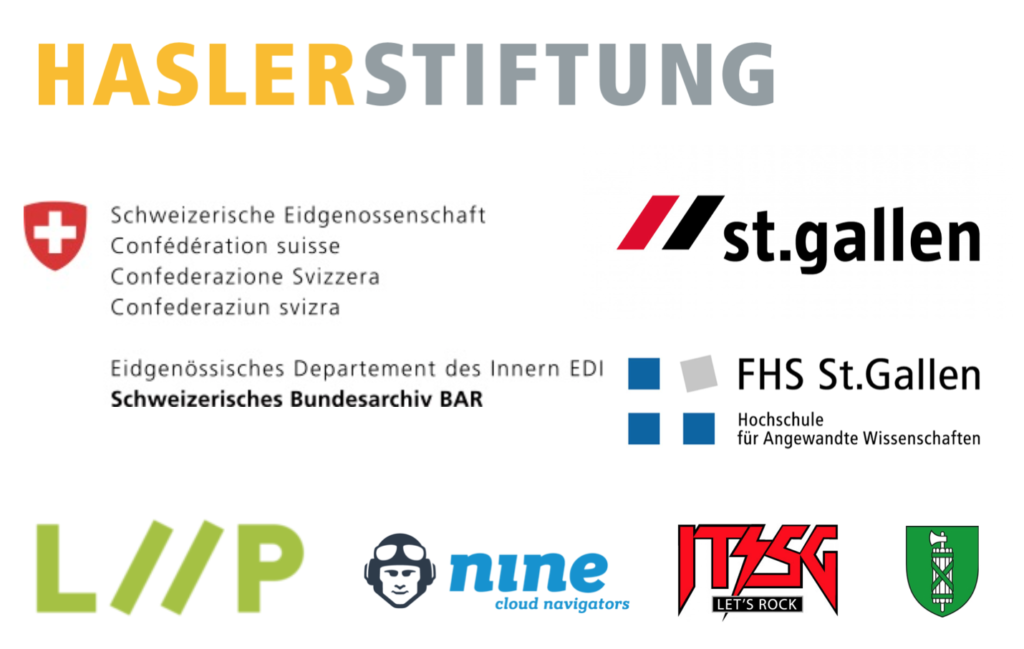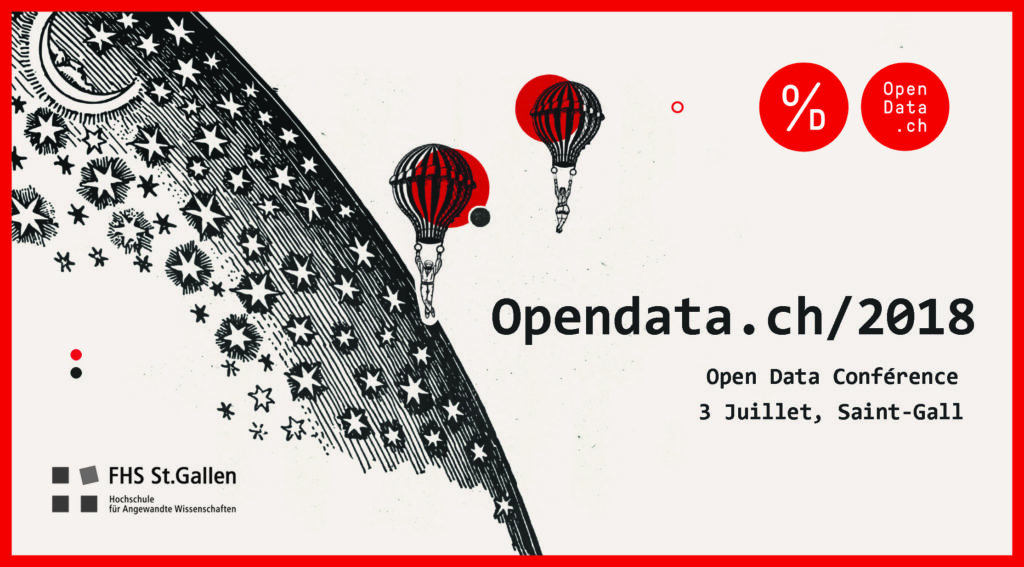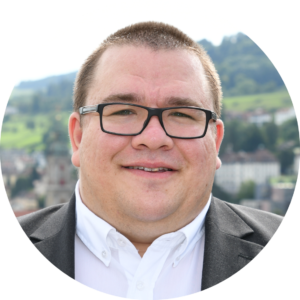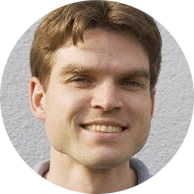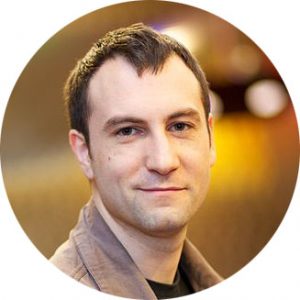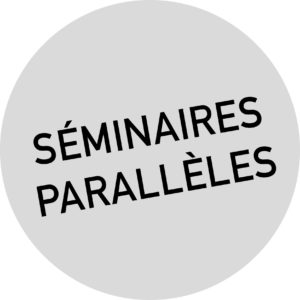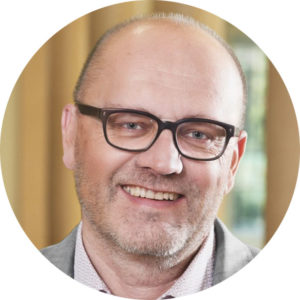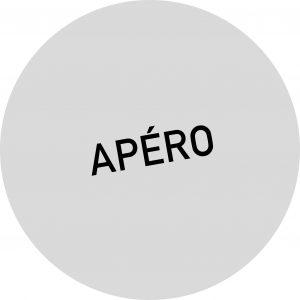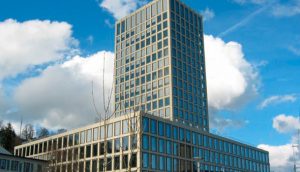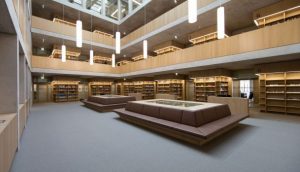14:00 – 15:30 Séminaires après-midi
La première partie du programme de l’après-midi consiste en six sessions parallèles, chaque sessions étant consacrée à un sujet spécifique.
Option 1: Open Data Startups (en, chambre: 206)
Open Data is a raw material for innovation, especially for startups. But how do startups achieve to draw insights, build features, and create value from open data? We want to pursue this question, with representatives of high-profile startups who do just that.
Hannes Gassert, co-fondateur de Opendata.ch, Liip et d’autres organisations (modérateur)
Felix Hösch, manager chez senozon
Bru Mas Ribera, Solution Architect chez WeGaw
Option 2: Open Data dans le domaine des sciences (en, chambre: 237)
The research track will showcase three applications / platforms that are built with open research data in mind. The goal is to make participants familiar with key initiative in Switzerland that can be used by anyone that generates open research data.
Marcel Salathé, Professeur à l’EPFL et co-fondateur de crowdAI.org (modérateur)
Donat Agosti, directeur de Plazi
Roskar Rok, data scientist / software engineer chez Swiss Data Science Center
Oleg Lavrovsky, développeur de Frictionless Data
Option 3: Open Smart City (de, chambre: 227)
Smart Cities, das bedeutet eine smarte Energieversorgung genauso wie smarte Verkehrssteuerung, aber auch eine smarte Verwaltung und vor allem smarte Bürger gehören zu jeder Smart City! Die smarte Stadt oder Gemeinde ist kein Selbstzweck, sondern Lebensraum für ihre Bewohner, Ort für Unternehmen und viele andere Organisationen. Was können Open Data aber hierzu beitragen? Das wollen wir mit den Panelteilnehmern möglichst anschaulich diskutieren.
Hans-Dieter Zimmermann, Professeur de l’informatique d’entreprise à la FHSG (modérateur)
Christian Geiger, Chief Digital Officer St.-Gall
Marcel Baur, Blogger et Smart City habitant
Stefan Keller, professeur pour systèmes informatiques chez HSR
Option 4: Blockchain pour Open Data (en, chambre: 248)
A panel discussion with three specific user cases on the potential value and scope of decentralised distributed technologies for Open Data. We will focus on questions such as: what kinds of open data projects can benefit from blockchain technologies? What key barriers do blockchain applications still have to overcome? What can / cannot be expected from this technology? In what ways do blockchains align with the goals of the open data movement?
Nikki Böhler, project manager at Opendata.ch (modérateur)
Brigitte Lutz, Brigitte Lutz, Data Governance coordinator at Open Government Wien
Manuel Marquez, scientist at CERN Openlab and co-founder of Orvium
Yves-Alain Petitjean, CFO at Procivis and co-founder / CFO of VALID
Option 5: Open Linked Data (en, chambre: 301)
For some years various entities at the Swiss government started to provide access to data in the form of Linked Open Data. In this panel we will talk about the Swiss LINDAS project, Wikidata and other Linked Data related projects and its future in Switzerland. The panel aims at explaining how Linked Data works and how you can start using it for your own projects.
Adrian Gschwend, directeur de Zazuko (modérateur)
Jean-Luc Cochard, Head of Information Technology Unit at Swiss Federal
Archives
Jerven Bolleman, Lead Software Developer at Swiss Institute of
Bioinformatics
Marcel Fröhlich, Director Service Delivery, eccenca
Pasquale Di Donato, Project Coordinator swisstopo/COGIS
Option 6: Open Data pour la mobilité (de, chambre: 306)
Welche Daten braucht es um die Mobiltität smarter zu machen. Was braucht es noch neben den ÖV Daten und was sind die Enabler für Geschäftsmodell in der Mobilität.
Christian Trachsel, Open Data responsable de SBB (modérateur)
Rahel Ryf, responsable de la
Raoul Stöckle, Partner bei Smide
Matthias Schönenberger, Projektleiter multimodale Netzentwicklung bei Postauto
